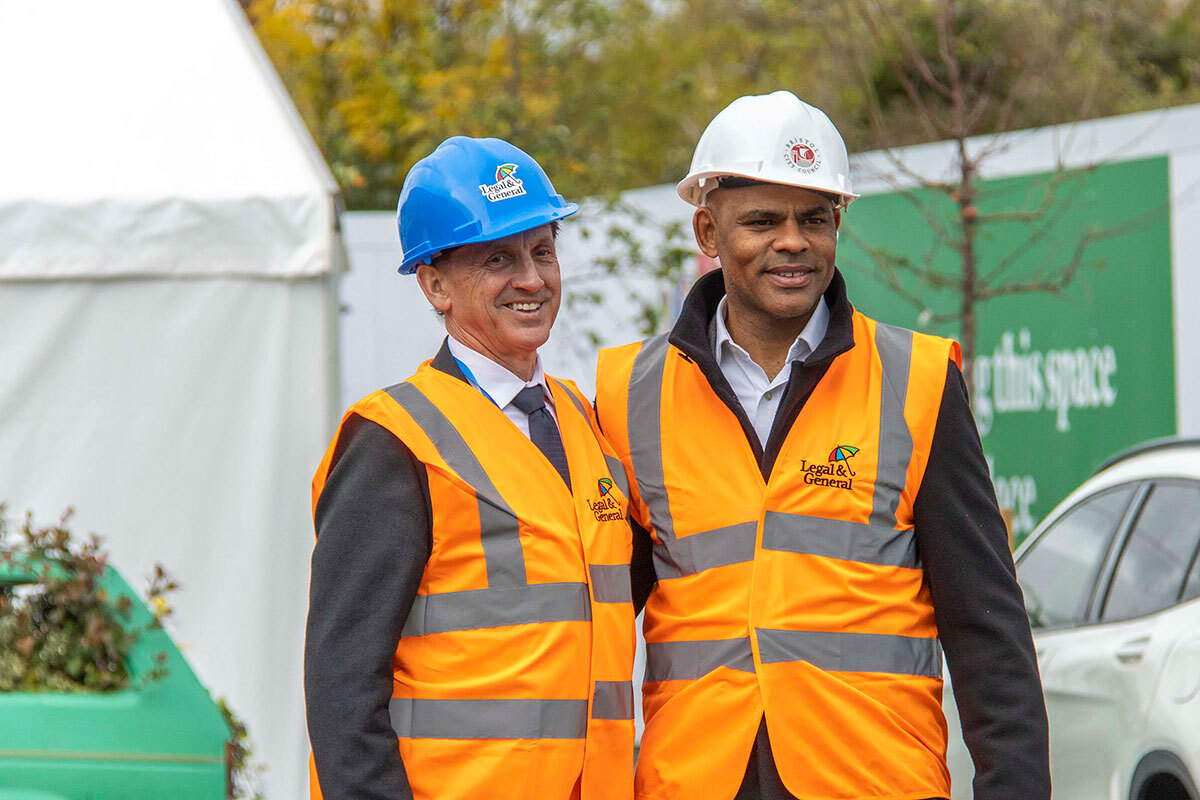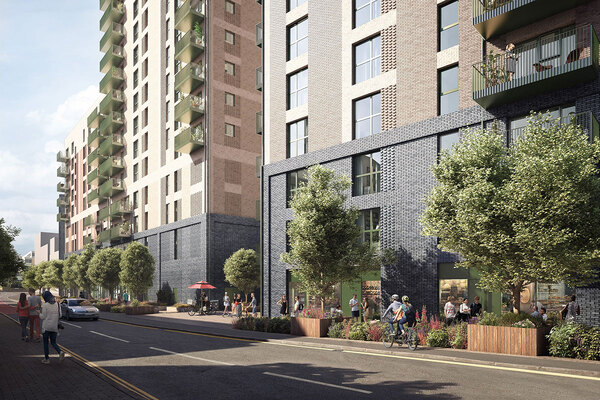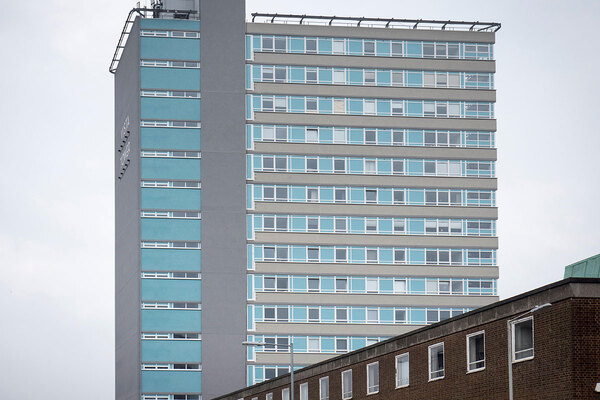Retrofitting inefficient social homes could save residents £700m a year, says NHF
Retrofitting poorly insulated social homes across England could save residents more than £700m a year, according to new research by the National Housing Federation (NHF).
The analysis revealed that if the 1.2 million homes with an Energy Performance Certificate (EPC) rating of below C were insulated and draft-proofed, heating bills would be cut by 42%.
That reduction would save residents on average £567 a year
The research, based on published EPC and English Housing Survey data, also found that social housing residents in the least efficient homes are spending 15.5% of their income on heating. This equates to two months’ salary a year – nearly five times the national average.
The analysis comes as households face significant hikes in their energy and food bills.
In October, chancellor Jeremy Hunt announced plans to end the £2,500 energy price guarantee in April 2023, a year and a half earlier than promised.
The NHF, which represents English housing associations, has called on the government to prioritise retrofitting amid the energy, cost of living and climate crises.
It said the government should release the full £3.8bn it had committed in the Conservatives’ manifesto through the Social Housing Decarbonisation Fund now, instead of by 2030.
This would allow social landlords to plan ahead and expand their retrofit programmes at pace, according to the NHF.
The body said housing associations are prioritising decarbonising their homes and plan to spend £70bn on retrofitting social homes over the coming decades.
But its research estimated it will cost a further £36bn to retrofit all their homes and meet the government’s 2050 net zero target.
Kate Henderson, chief executive of the NHF, said while the government’s energy price guarantee is “welcome support for now”, it is not enough to protect people living in the least energy-efficient homes from “astronomic price increases”.
She added that some social tenants are forced to make impossible choices, such as risk getting into debt, to afford basic living costs.
“Decarbonising social homes is a win-win solution, and the faster it can be done, the greater the benefits for residents and the environment,” Ms Henderson stated.
A spokesperson for the Department for Business, Energy and Industrial Strategy said: “Thanks to government support, the number of homes with an energy efficiency rating of C or above is at 46% and rising, up from just 13% in 2010.
“We are investing over £6.6bn to decarbonise homes and buildings, including Help to Heat schemes such as the Social Housing Decarbonisation Fund, and are committed to ensuring all homes meet EPC band C by 2035 where cost effective, practical and affordable.”
Sign up for our asset management newsletter
Already have an account? Click here to manage your newsletters
Sign up to the Social Housing Annual Conference 2022
The Social Housing Annual Conference is the sector’s leading one-day event for senior housing leaders, which delivers the latest insight and best practice in strategic business planning. The conference will provide multiple viewpoints and case studies from a variety of organisations from across the housing spectrum, including leaders in business and local and central government.
Join your peers for a full day of intensive, high-level learning, networking and informed debate addressing the most crucial topics surrounding finance, governance and regulation to help the sector understand and manage the pressures it faces.
Find out more and book your delegate pass here.













